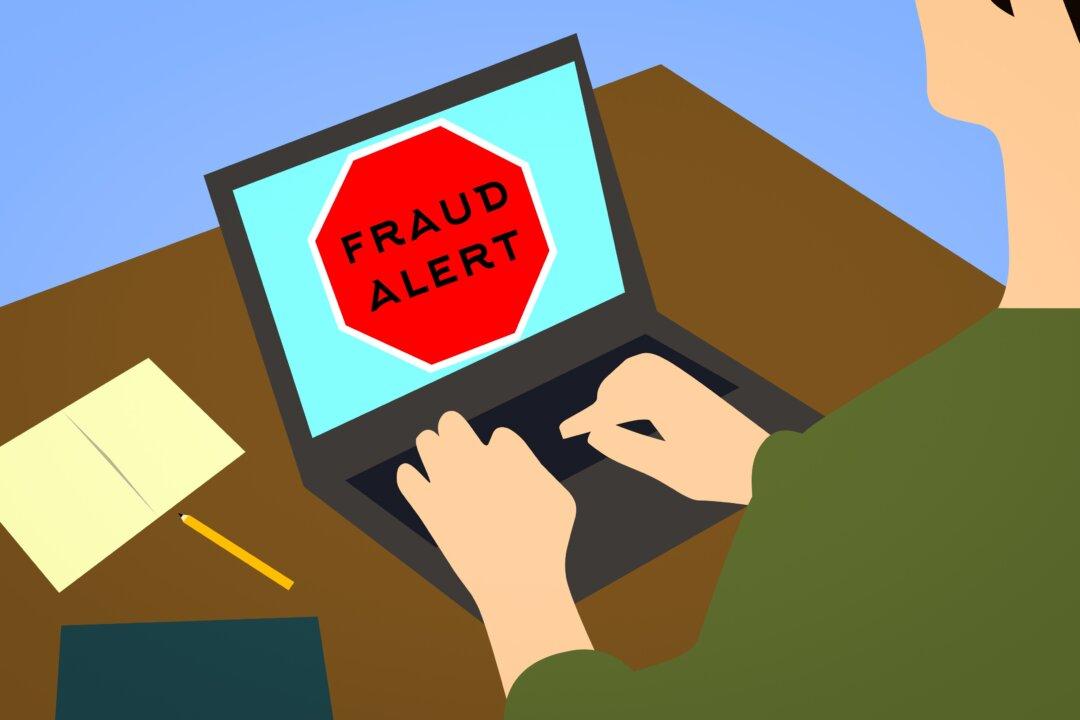 This story originally appeared on ValueWalk
This story originally appeared on ValueWalk
Years 2020 and 2021 (so far) have been unforgettable years for many, both emotionally and financially. For scammers also it has been an unforgettable year, but in another way. Even though business was down, the distribution of coronavirus stimulus checks gave fraudsters plenty of opportunities to carry out scams.Q1 2021 hedge fund letters, conferences and more





